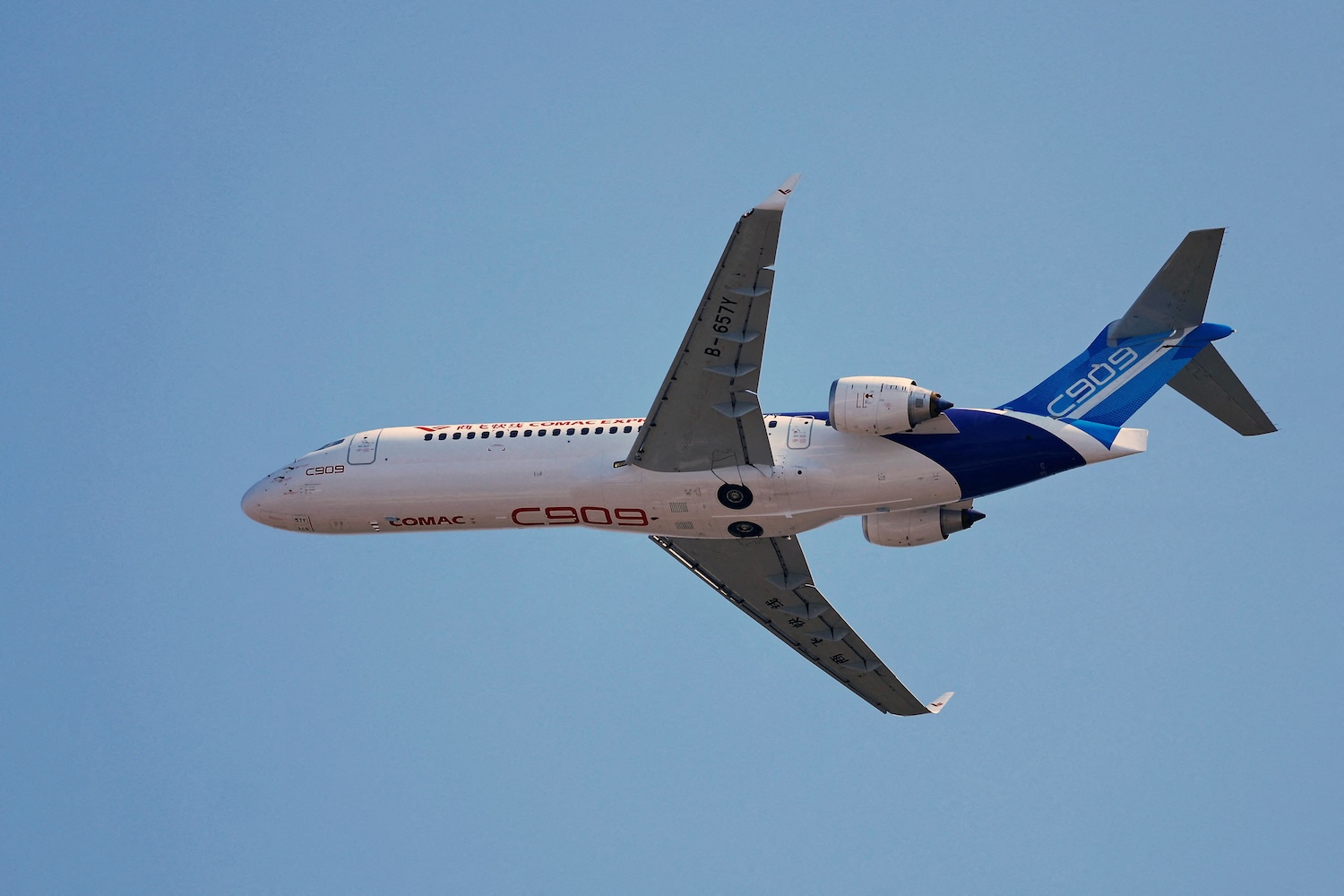
The Civil Aviation Authority of Thailand's (CAAT) board has moved to tighten requirements to qualify for Air Operating Licences (AOLs) in a bid to control the number of airlines operating in the country.
CAAT's acting director Chula Sukmanop said the board meeting, chaired by Transport Minister Arkhom Termpittayapaisith, believes it is necessary to toughen the criteria for AOL applicants.
According to Mr Chula, the Transport Ministry will announce the ministerial directives on the revised requirements which will allow the authority to not only assess the financial health of applicants but also prevent the use of proxies.
A screening committee, to be chaired by the CAAT's director, will also be set up to review and decide if the applicants meet various requirements. Its findings will be forwarded to the transport minister who is empowered to grant AOLs, he said.
"There are two types of licences. AOLs involve the financial health of an airline business and are granted by the transport minister. The board has decided to add another process by having a review committee. Air Operator Certificates [AOCs] are granted by the CAAT director," he said.
Mr Chula said AOL applicants are divided into three groups: those seeking to operate regular flights; those seeking to run chartered flights; and those with other commercial services such as sightseeing.
The first group is required to have registered capital of 200 million baht paid in full while the second group must have registered capital of 25 million baht. Both groups require a 5% bank guarantee. AOLs for these two groups are valid for five years.
The third category is not required to have registered capital and AOLs for this group are valid for three years.
Applicants that are granted AOLs must apply for AOCs within 60 days and launch operations within a year or have their AOLs revoked, he said, noting that 10 airlines which were recently granted AOLs and pending AOCs are not covered by the new criteria.
Mr Chula said the tougher regulations will enable authorities to examine airlines' shareholding structures to prevent Thais acting as proxies for foreign companies. Thai nationals must hold at least a 51% stake in a Thai-registered airline.
"Foreign companies may use proxies, so we have to examine details about board members and board voting to determine if the use of nominees is involved," he said.
He said the new rules will also cover the age of aircraft: aircraft for passenger transport must be no more than 16 years old on the day of registration while a cargo plane must be no more than 18 years old. The limits on the age of service are not specified.
The new criteria are expected to take effect after the transport minister signs the directives.
The move comes as the CAAT is in the process of re-issuing AOCs to Thai-registered airlines in an effort to improve Thai aviation standards.
The International Civil Aviation Organisation (ICAO) issued a red-flag warning indicating significant safety concerns in June last year following Thailand's failure to meet standards in regulating aviation businesses and granting AOCs.
ICAO is also scheduled to carry out an audit and assessment known as ICAO Coordinated Validation Mission (ICVM), which is expected to take place from December this year to March next year.
Mr Chula, who reported on the progress of efforts to the European Union's Directorate General Mobility and Transportation last week, said the EU and the European Aviation Safety Agency (EASA) were satisfied that Thai authorities were taking steps to address aviation problems.
He said the EU representatives also made recommendations that CAAT conduct more inspections of the airlines that enter the country's skies to boost Thailand's efforts to establish itself as an aviation hub.
A committee will be set up to follow up on the EU's recommendation, he said, adding the EU will be provided with at update at the next meeting in October.
In June this year EASA released the results of inspections of airlines. No Thai airlines were put on the list of airlines with sub-standard safety practices. The audit found 214 airlines from 19 countries failed to meet safety standards.
The CAAT board has also approved an Airports of Thailand Plc proposal seeking to allow the AoT a hand in the supervision of airport security, said Mr Chula.
The AoT has not had the authority to enforce security-related measures at airports, he said. The ministry's directives will be announced to allow designated AoT officials to take action against violators of certain rules before handing them over to police.
The CAAT board has also approved an AoT proposal to raise aircraft parking charges to deter parking for long periods, especially at Don Mueang and Suvarnabhumi airports.
Mr Chula also said the CAAT will also seek to increase the retirement age of air traffic controllers from 60 to 63 in line with the proposed use of Section 44 of the interim charter to address shortages of trained pilots and aviation personnel.



